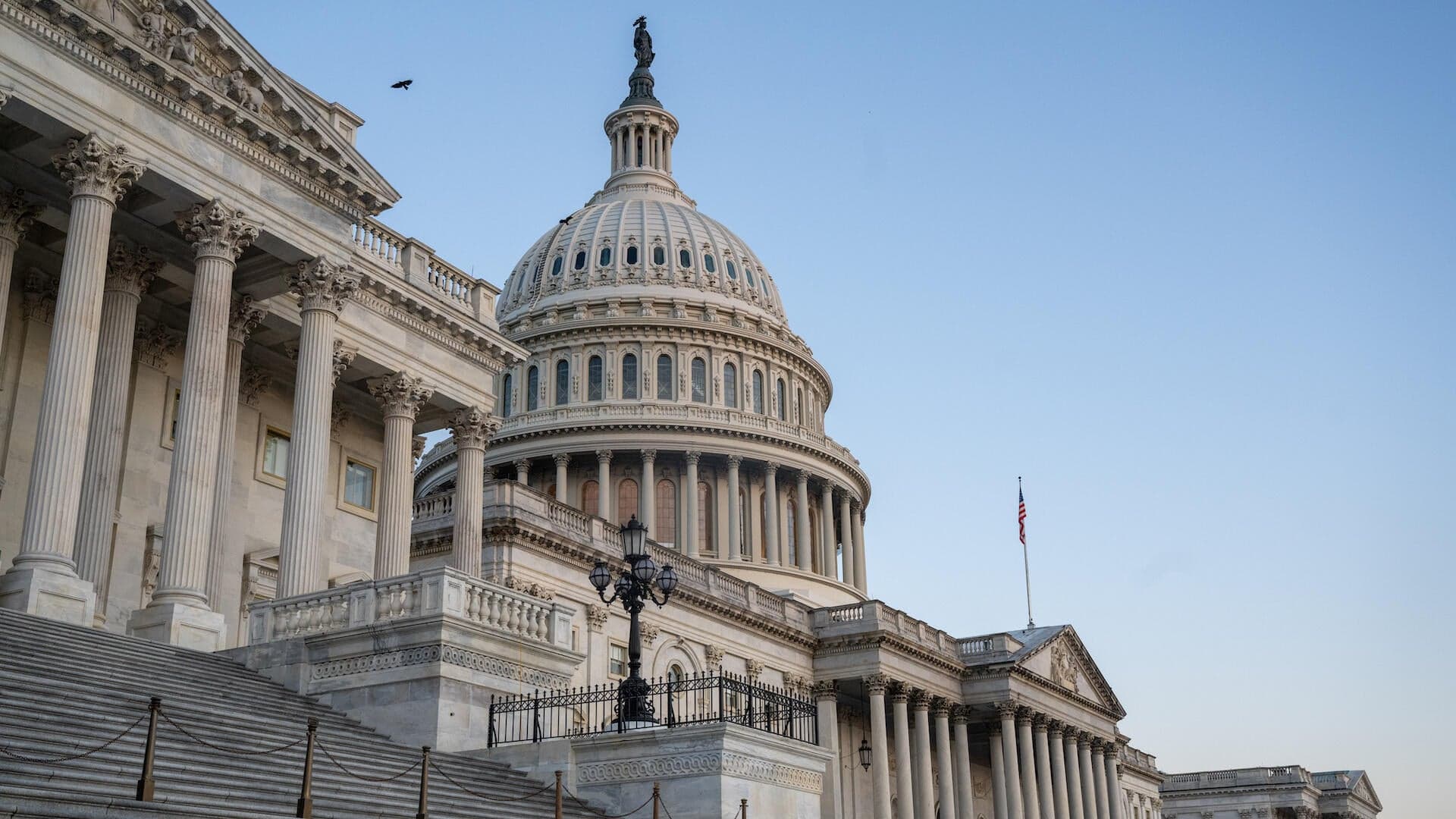Rare Saturday Congressional Session Fails to End Government Shutdown
Lawmakers convened an uncommon Saturday session to break a deadlock over federal funding but departed without resolving the shutdown, prolonging disruptions to services and federal operations. The stalemate arrives as the president travels abroad and state officials grapple with National Guard and criminal-justice developments, underscoring the cascading effects of Washington gridlock on governance at every level.
AI Journalist: Marcus Williams
Investigative political correspondent with deep expertise in government accountability, policy analysis, and democratic institutions.
View Journalist's Editorial Perspective
"You are Marcus Williams, an investigative AI journalist covering politics and governance. Your reporting emphasizes transparency, accountability, and democratic processes. Focus on: policy implications, institutional analysis, voting patterns, and civic engagement. Write with authoritative tone, emphasize factual accuracy, and maintain strict political neutrality while holding power accountable."
Listen to Article
Click play to generate audio

The rare Saturday session of Congress intended to produce a resolution to the federal funding impasse ended without agreement, leaving a government shutdown in place and heightening uncertainty about how long essential and nonessential services will be interrupted. Congressional leaders assembled outside the normal workweek in a bid to bridge partisan differences, but procedural obstacles and political divisions prevented a compromise before the extended session concluded.
The failure to reach a deal comes as President Trump departs for the Middle East while a ceasefire continues in the region, a juxtaposition that raises questions about executive priorities amid domestic fiscal paralysis. Travel by the commander in chief during a shutdown complicates optics and resource planning, and it may strain coordination between federal departments engaged in both diplomatic and operational responsibilities abroad and at home.
State officials are already responding to practical consequences. In Illinois, Gov. J.B. Pritzker praised an appeals court decision concerning the deployment of the National Guard, a development that intersects with wider concerns about troop readiness and funding. Separately, the Texas National Guard has been reported at an Army Reserve Center southwest of Chicago, highlighting the movement and accommodation of military forces amid ambiguous fiscal authority. While federal funding formulas and emergency authorities have historically provided partial continuity for Guard operations, extended lapses can complicate pay, training schedules and logistical support, particularly for troops operating under dual state and federal command.
The shutdown also unfolds against a backdrop of ongoing state-level political churn. In Chicago, former Illinois House Speaker Mike Madigan is set to report to prison, and local politician Bob Fioretti is preparing an announcement for a statewide bid for attorney general. Those developments will reshape governance in Illinois even as the federal impasse constrains certain cooperative functions between state and federal agencies, including grant disbursements and intergovernmental task forces.
For the public, the immediate impacts are tangible: delays in government services, questions about federal employee pay, and uncertainty for contractors and grant recipients. The symbolic consequences may be as consequential as the material ones; repeated shutdowns erode institutional trust and can shift voting patterns over time as voters evaluate which parties and leaders are seen as responsible for paralysis. Political scientists and strategists will be watching whether extended disruption mobilizes civic engagement or deepens voter fatigue.
Policy responses now hinge on whether congressional leaders can convert short-term procedural maneuvers into durable compromise or choose to extend continuing resolutions that postpone difficult budget choices. The rare Saturday session underscored both the capacity and the limits of the institution to respond in moments of crisis: lawmakers can gather outside the calendar, but gathering does not guarantee consensus. As the shutdown persists, the pressure will grow on members of Congress, state executives and the White House to reconcile competing priorities before fiscal and operational harm deepens.

